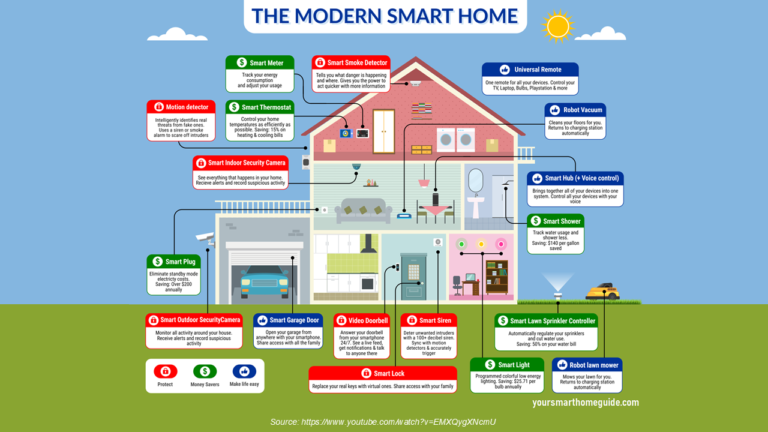Apple Poised to Transition to Custom Bluetooth and Wi-Fi Chips for iPhone and Smart Home Devices, Reports Indicate
Apple’s Big Switch: Homegrown Chips for Bluetooth and Wi-Fi
In an exciting development for tech enthusiasts, Apple is set to launch its own chip for Bluetooth and Wi-Fi connections starting next year. This move will phase out some components supplied by Broadcom, a major player in the technology industry. The new chip, known by its code name Proxima, has been in development for several years and is expected to debut in the first iPhones and smart home devices in 2025.
What This Means for Apple and Its Devices
- Self-Sufficiency: By creating its own chips, Apple aims to reduce its dependency on external suppliers.
- Improved Performance: The new chips are designed specifically for Apple’s ecosystem, which may enhance the overall performance of devices.
- Future Innovations: This is part of a broader strategy to develop technology that meets the growing demands for artificial intelligence and seamless connectivity.
According to a report by Bloomberg News, Apple plans to use its homegrown chips in devices such as iPhones and smart home products starting in 2025. These in-house chips will be manufactured by Taiwan Semiconductor Manufacturing Co (TSMC), a key partner in many of Apple’s production efforts.
Continuing the Shift to In-House Production
This new initiative follows Apple’s recent announcements during its annual developer conference in June. The company revealed its plans to utilize its own server chips to enhance AI features across its devices. This strategy showcases Apple’s commitment to not just creating quality hardware but also pushing the boundaries in AI technology.
It’s worth noting that this internal development is separate from Apple’s anticipated launch of a new series of cellular modem chips next year. This change will replace components currently sourced from Qualcomm, another long-time supplier. Bloomberg confirms that while these chips will serve different functions, they will eventually work in tandem within devices.
AI and Apple: A New Frontier
Moreover, Apple is also working on an AI-specific server chip, code-named Baltra. This chip is focused on processing tasks related to artificial intelligence, highlighting Apple’s drive to innovate and keep up with the evolving tech landscape. The Baltra chip will be crucial as tech companies aim to enhance their AI offerings amidst rising demand and competition.
Challenges Faced by Apple
Despite its ambitious plans, Apple has encountered some challenges in fully cutting ties with suppliers like Nvidia. The company has struggled to ditch Nvidia’s powerful processors, which are critical for their compute-heavy AI services. This dependency has made it complicated for Apple to move entirely to in-house solutions.
Broadcom’s Role
Last year, Broadcom signed a multi-billion-dollar agreement with Apple to develop 5G radio frequency components. This collaboration indicates that while Apple is pushing towards self-sufficiency, it still values its partnerships with established suppliers as it transitions to its own technologies.
The Future Looks Bright for Apple
As Apple forges ahead with its chip development plans, the implications for the tech industry are significant. The company’s shift towards in-house technology could lead to more efficient devices, tailored specifically for the Apple ecosystem. This strategy could enhance user experience and solidify Apple’s position in the competitive tech landscape.
Conclusion
In summary, Apple is taking an important step by developing its own Bluetooth and Wi-Fi chips to create more self-reliant products. With the introduction of the Proxima and Baltra chips, Apple is charting a course toward innovation in AI and connectivity. While there will surely be challenges ahead, the company’s commitment to in-house production marks an exciting era for Apple’s technology.
Stay tuned as Apple continues to roll out its innovative technologies which promise to reshape the way we use and interact with our devices.








